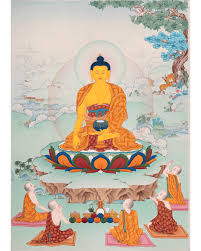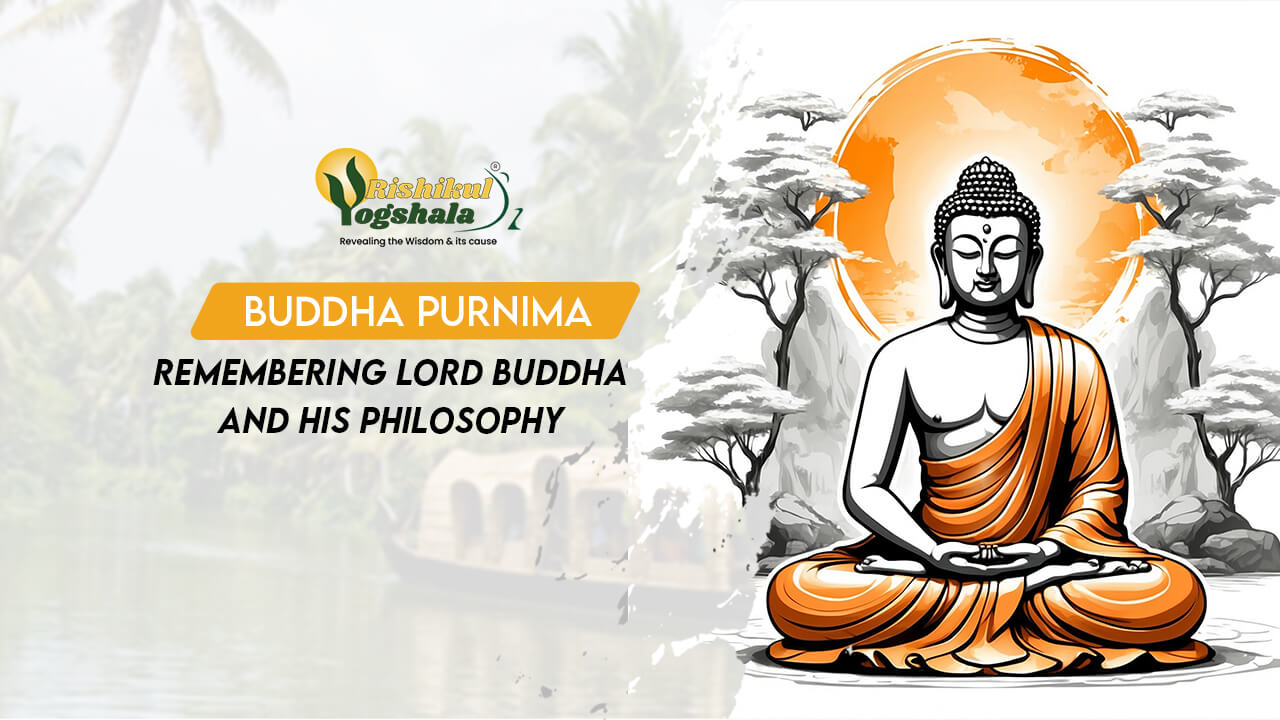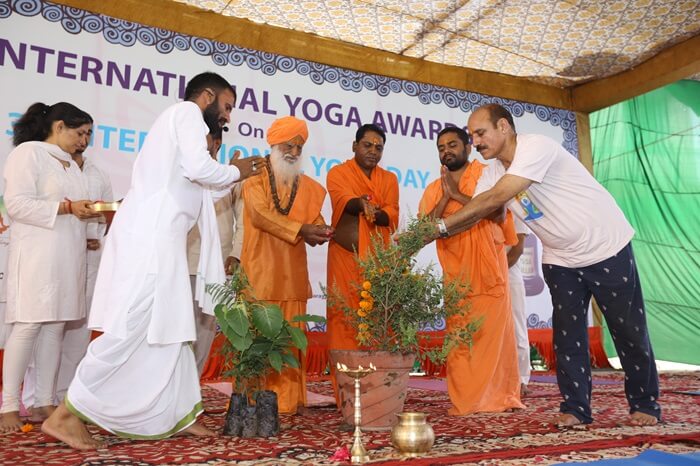Buddha Jayanti: Celebrating the Enlightenment of Lord Buddha

Buddha Jayanti, also known as Buddha Purnima or Vesak, is a sacred festival celebrated by Buddhists worldwide to honor Lord Buddha, the founder of Buddhism. This significant day falls on the full moon of the fourth lunar month (Vaisakh), which is usually in April or May.
Buddha Jayanti commemorates three pivotal events in Lord Buddha’s life:
- His birth in 623 BC
- His attainment of enlightenment in 588 BC
- His achievement of Nirvana at the age of 80
The term “Buddha” means “enlightened one,” and enlightenment is reached by overcoming all defects and mental hindrances. According to Buddhist teachings, suffering and evil are overcome through the renunciation of desire and sorrow.
Lord Buddha advocated the Eightfold Path, which includes:

- Right Conduct
- Right Motive
- Right Speech
- Right Effort
- Right Resolve
- Right Livelihood
- Right Attention
- Right Meditation
Following this path leads to Nirvana, a transcendental state of complete liberation.
Yoga and Buddhism are deeply interconnected traditions of Indian culture, sharing similar terms, practices, and principles. Swami Vivekananda, who introduced yoga to the Western world, studied Buddhist Mahayana scriptures and recognized the link between Buddhism and Vedanta. The arrival of Tibetan refugees in India further bridged these traditions, sparking interest among researchers and yoga enthusiasts.
A prominent symbol associated with Buddha Jayanti is the Dharmachakra, or Dharma wheel, which features eight spokes representing the Eightfold Path. This wooden wheel signifies Buddha’s teachings on enlightenment.
On Buddha Jayanti, Buddhist communities gather to celebrate with love, peace, and harmony. Temples become focal points of the celebrations, with monks delivering speeches and chanting ancient verses. A common practice is to display a statue of Buddha as a baby, surrounded by a basin of water. Visitors pour water over the statue, symbolizing new beginnings. The day also emphasizes the philosophy of Karma, with acts of charity such as donating cash, food, and clothes to those in need, and showing kindness to animals.
The teachings of Lord Buddha and the principles of yoga come to life through these acts of compassion and reverence.
For more insights into the spiritual traditions of India, consider exploring our 200-hour Yoga Teacher Training in India, 300-hour Yoga Teacher Training in India, and 500-hour Yoga Teacher Training in India. Additionally, our Ayurveda Retreat in India and Yoga Retreat in India offer immersive experiences into these ancient practices.
Conclusion
Buddha Jayanti is a profound occasion that celebrates the life and teachings of Lord Buddha. It not only marks key events in Buddha’s life but also embodies the values of compassion, enlightenment, and harmony. Whether through charitable acts or meditation, the essence of Buddha’s teachings and the principles of yoga become tangible. For those seeking to deepen their understanding and practice, Rishikul Yogshala provides opportunities through various Yoga Teacher Training programs and retreats. Explore these offerings to connect more deeply with the spiritual traditions of India.















